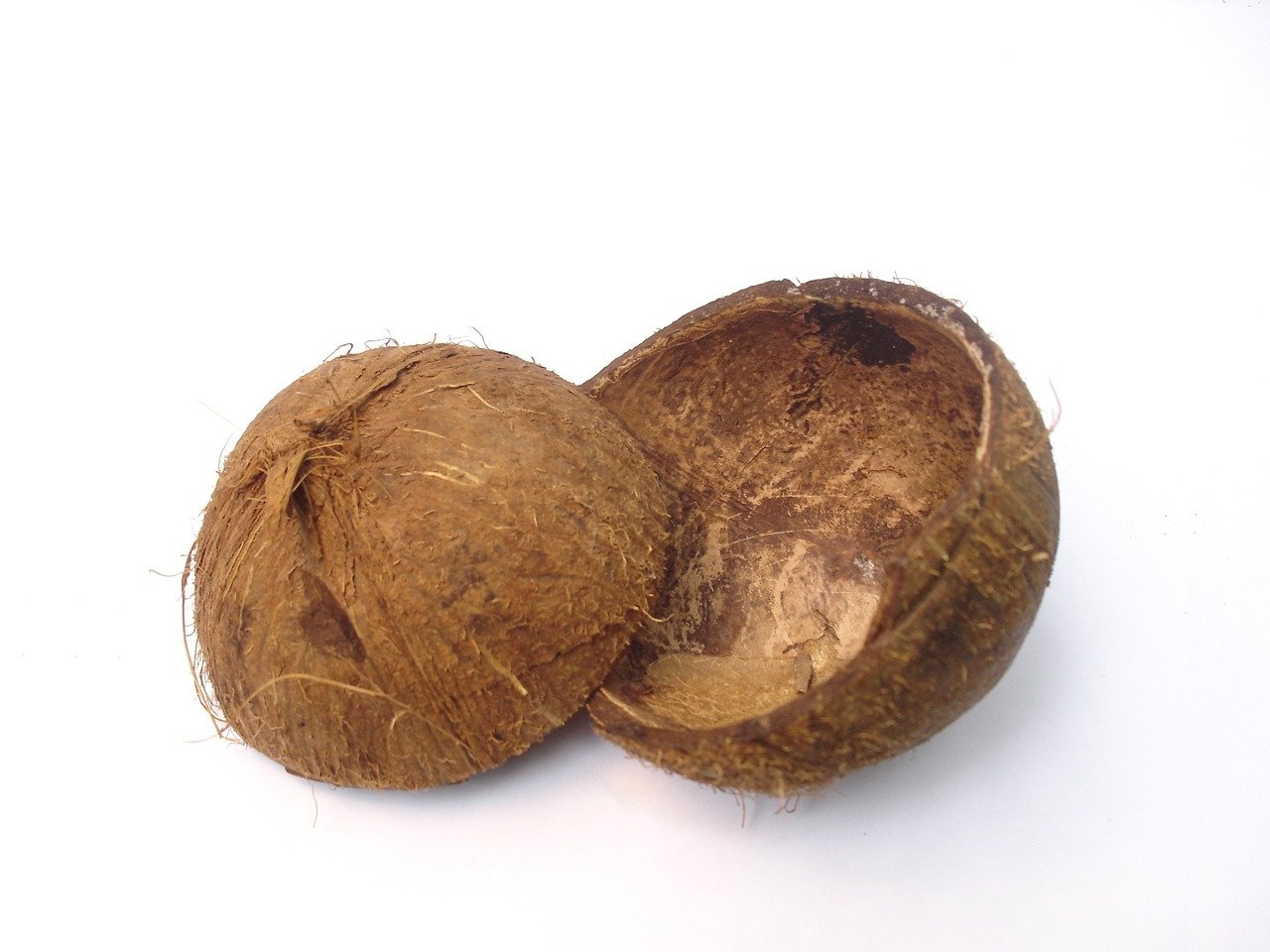Our planet is crying out for sustainable solutions, and the industrial sector, a major contributor to pollution, needs a radical overhaul. Harmful chemicals, vital to many manufacturing processes, are leaching into our environment, devastating ecosystems and impacting human health. But what if a readily available, naturally abundant resource held the key to a greener future? Enter the humble coconut shell, a seemingly insignificant byproduct poised to revolutionize industries and usher in an era of sustainable chemistry.
Nature’s Solution: Coconut Shell Power
Coconut palms, symbols of tropical paradise, produce a bounty far beyond their delicious fruit. Their hard, fibrous shells, often discarded as waste, possess a remarkable array of properties. These shells are incredibly strong and durable, resistant to degradation and boasting a unique porous structure. This structure, combined with their natural composition, makes them ideal for a surprising number of industrial applications. From activated carbon to biochar, coconut shells offer a versatile and sustainable alternative to many synthetic materials.
The remarkable strength and resilience of coconut shells allow them to be processed into a variety of forms, each with unique applications. Activated carbon, derived from the shells through a process of pyrolysis and activation, is a powerful adsorbent, capable of removing impurities from water and air. This makes it a crucial component in water purification systems and air filters, replacing less sustainable and often toxic alternatives. Furthermore, the shell’s inherent biodegradability ensures that even after its lifespan, it poses no threat to the environment.
Beyond activated carbon, coconut shell powder finds applications as a filler in various composites, adding strength and durability without compromising the biodegradability of the final product. This is particularly useful in the creation of sustainable packaging materials, offering a viable alternative to petroleum-based plastics. The versatility of coconut shells extends to the creation of biochar, a soil amendment that enhances soil fertility and sequesters carbon, thereby mitigating climate change. This multifaceted resource is a treasure trove of potential, waiting to be fully exploited.
The abundance of coconuts globally makes this a readily available and cost-effective resource. Unlike many synthetic chemicals, the production of coconut-based materials doesn’t require energy-intensive processes or the use of harmful substances. This contributes to a significantly lower carbon footprint, making it a truly sustainable choice for environmentally conscious industries. The potential for economic growth in coconut-producing regions is also substantial, creating opportunities for sustainable development and job creation.
Sustainable Chemistry: A Shell of a Change
The transition to a sustainable chemical industry is not merely an environmental imperative; it’s a crucial step towards a healthier and more equitable future. Traditional chemical processes often rely on hazardous substances, posing risks to workers, communities, and the environment. Coconut shells, on the other hand, offer a clean and safe alternative, minimizing the risks associated with toxic chemical handling and disposal.
The use of coconut shells in industrial processes aligns perfectly with the principles of green chemistry, emphasizing the design of chemical products and processes that minimize or eliminate the use and generation of hazardous substances. By replacing harmful chemicals with this natural resource, industries can drastically reduce their environmental impact, contributing to cleaner air and water.
The shift towards coconut shell-based materials also presents an opportunity to reduce reliance on finite resources. Many synthetic chemicals are derived from fossil fuels, contributing to climate change and resource depletion. Coconut shells, being a renewable resource, offer a sustainable alternative, ensuring long-term availability and reducing our dependence on non-renewable sources.
The transition to coconut shell-based solutions requires collaboration between researchers, industries, and policymakers. Investing in research and development to explore the full potential of coconut shells is crucial to unlocking their transformative capabilities. Supporting sustainable coconut farming practices and developing efficient processing techniques will ensure a reliable supply of this valuable resource.
Goodbye Toxics, Hello Coconut!
Imagine a world where water purification doesn’t involve the use of toxic chemicals, where air filters are made from renewable resources, and where packaging materials decompose naturally, leaving no harmful residue behind. This vision is not a fantasy; it’s a future that coconut shells can help us build.
The replacement of harmful industrial chemicals with coconut shell-derived materials offers a multitude of benefits, from improved worker safety to enhanced environmental protection. The reduced risk of exposure to toxic substances during manufacturing and use translates to healthier workplaces and safer communities.
The biodegradability of coconut shell-based products offers a significant advantage over synthetic materials. Instead of accumulating in landfills and polluting the environment, these materials decompose naturally, enriching the soil and minimizing waste. This contributes to a circular economy, where waste is minimized and resources are utilized efficiently.
The potential applications of coconut shells are vast and constantly expanding. From construction materials to cosmetics, their versatility allows them to replace a wide range of synthetic chemicals, offering a holistic approach to sustainable development. This shift towards natural, sustainable materials represents a paradigm shift in how we approach industrial production.
Revolutionizing Industry: Shell-Shocking Results
The adoption of coconut shell-based materials is not just a trend; it’s a fundamental shift in industrial practices, with the potential to revolutionize various sectors. Early adopters are already experiencing the benefits of this sustainable alternative, reporting improved efficiency, reduced costs, and enhanced brand image.
The economic benefits of utilizing coconut shells are significant. By reducing reliance on expensive and often volatile synthetic chemicals, industries can lower their production costs. Furthermore, the growing demand for sustainable products creates new market opportunities and stimulates economic growth in coconut-producing regions.
The environmental impact of this shift is profound. By reducing pollution and promoting sustainable practices, industries can contribute to a healthier planet and mitigate climate change. The use of coconut shells aligns perfectly with the growing consumer demand for environmentally friendly products, enhancing brand reputation and market competitiveness.
The transition to a coconut shell-based future is not without its challenges. Scaling up production, developing efficient processing techniques, and establishing robust supply chains require investment and collaboration. However, the potential benefits far outweigh the challenges, making this a worthwhile endeavor for a sustainable and prosperous future.
The humble coconut shell, once considered a mere byproduct, is emerging as a powerful force for change. Its potential to replace harmful industrial chemicals is undeniable, offering a sustainable, cost-effective, and environmentally friendly alternative. By embracing this natural resource, we can pave the way for a greener, healthier, and more sustainable future for all. The time for action is now; let’s harness the power of the coconut shell and revolutionize industry for the better.


